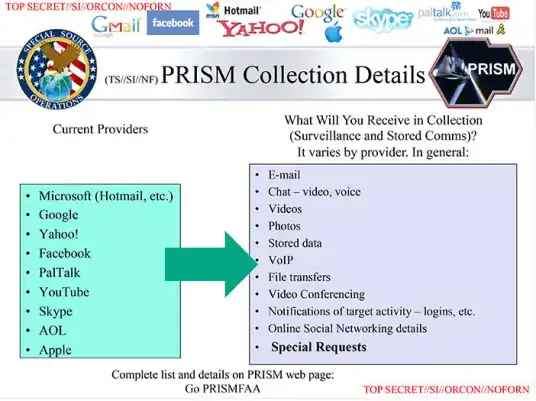It's clear that from a legal point of view, the are obliged to do so.
The Communications Assistance for Law Enforcement Act (CALEA) wiretapping law was passed in 1994.
requiring that telecommunications carriers and manufacturers of
telecommunications equipment modify and design their equipment,
facilities, and services to ensure that they have built-in
surveillance capabilities, allowing federal agencies to monitor all
telephone, broadband internet, and VoIP traffic in real-time.
In 2004 FCC ruled, that CALEA applies to "Internet phone services", which they defined as "providers of interconnected (with the public switched telephone network) Voice-over-Internet-Protocol (VoIP) services". Skype is such a service.
The ruling was upheld by U.S. Court of Appeals in 2006.
Update: it has been confirmed that they are screening text messages:
"Skype may use automated scanning within Instant Messages and SMS to
(a) identify suspected spam and/or (b) identify URLs that have been
previously flagged as spam, fraud, or phishing links."
A spokesman for
the company confirmed that it scans messages to filter out spam and
phishing websites. This explanation does not appear to fit the facts,
however. Spam and phishing sites are not usually found on HTTPS pages.
By contrast, Skype leaves the more commonly affected HTTP URLs,
containing no information on ownership, untouched. Skype also sends
head requests which merely fetches administrative information relating
to the server. To check a site for spam or phishing, Skype would need
to examine its content.
Update 2:
Skype is one of the participants in the PRISM program
But now it seems as though there isn't the bright line separating
Silicon Valley from the telcoms like we thought. The Washington Post
and The Guardian crack open the White House surveillance scandal even
wider by uncovering a secret program called PRISM—a six-year-old
classified intelligence program that "[taps] directly into the central
servers of nine leading U.S. Internet companies, extracting audio,
video, photographs, e-mails, documents and connection logs.
(quote source: National Journal)

More on this in VentureBeat, which in turn sources The Washington Post, The Guardian, National Journal and more.
